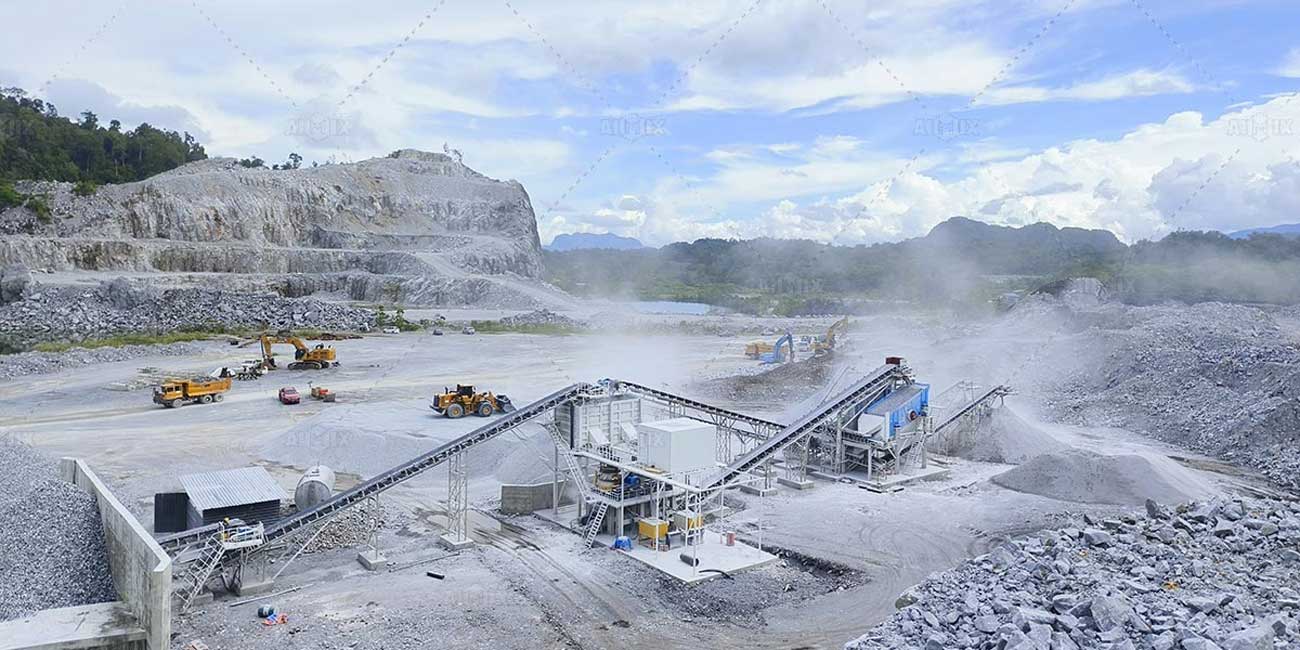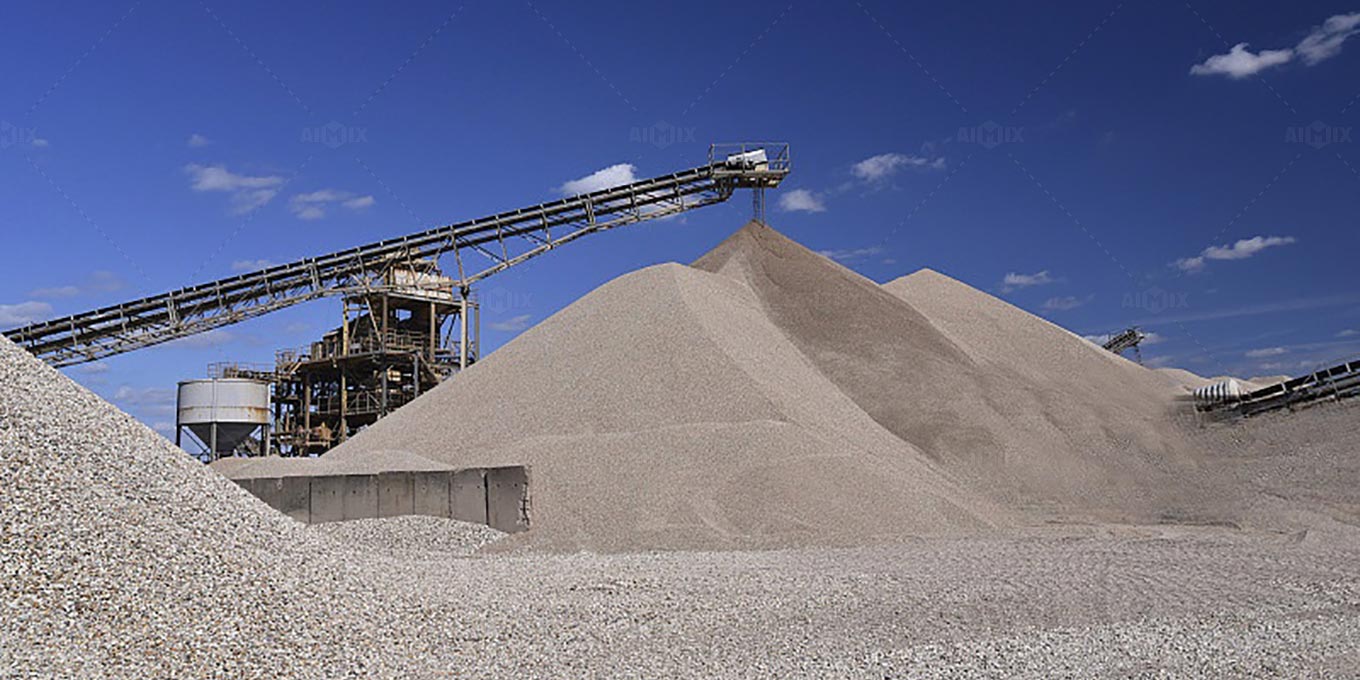Investing in an aggregate crushing plant is a significant financial decision that can impact the long-term profitability of your business. The price of such a plant is not just a figure but a reflection of various factors that influence both immediate and future returns on investment (ROI). Understanding how to evaluate the cost of an aggregate crushing plant requires a thorough analysis of initial costs, operational efficiency, maintenance requirements, and potential revenue generation. This article will guide you through the key considerations for evaluating aggregate crushing plant prices to ensure you achieve optimal ROI.
Understanding the Components of Aggregate Crushing Plant Costs
Initial Capital Investment
The initial capital investment in an aggregate crushing plant encompasses several critical components. The cost of the plant itself, which includes crushers, conveyors, screens, and other related equipment, is a major consideration. However, it’s essential to look beyond the sticker price. Installation, infrastructure, and transportation costs also play a significant role in the overall investment. Often, buyers focus solely on the purchase price without factoring in these additional expenses, leading to underestimated budgets. Additionally, the scale of the plant, its capacity, and the specific technologies used (such as automation systems) will influence the upfront cost. A higher initial investment in advanced technology may lead to greater efficiency and lower operational costs in the long run.

Operational and Maintenance Costs
The operational efficiency of an aggregate crushing plant is directly tied to its ongoing costs, including energy consumption, labor, and maintenance. Plants that are more energy-efficient will incur lower utility bills, contributing to better cost management. Similarly, automation can reduce the need for extensive labor, further decreasing operational costs. Maintenance is another critical factor; plants with higher-quality components and robust design will likely require less frequent and less costly maintenance. Evaluating the longevity and durability of the equipment is crucial to ensuring that operational costs remain manageable. Predictive maintenance technologies can also be an excellent investment, as they help anticipate and prevent costly breakdowns, thereby extending the life of the plant and reducing downtime.
Revenue Generation and Market Potential
Production Capacity and Output Quality
The revenue-generating potential of an aggregate crushing plant is closely linked to its production capacity and the quality of the output it produces. A plant with a higher capacity can process more material in less time, leading to increased revenue. However, the quality of the aggregates produced is equally important, as it will affect market demand and pricing. High-quality aggregates that meet industry standards are likely to command better prices, enhancing profitability. When evaluating stone crusher plant price, consider how well the plant’s output matches market requirements. A plant that produces superior quality aggregates might justify a higher upfront cost due to the potential for higher sales and revenue.

Market Demand and Competition
Understanding the market demand for aggregates in your area and the level of competition you will face is essential in evaluating the potential ROI of an aggregate crushing plant. A thorough market analysis can reveal whether there is sufficient demand to support your investment. Additionally, consider how your plant’s location will impact transportation costs and delivery times, as these factors can influence your ability to compete effectively in the market. Plants located closer to major construction sites or infrastructure projects may have a competitive advantage due to lower transportation costs and faster delivery. This proximity can justify a higher investment in a well-located plant, as it may lead to more consistent revenue streams. Invest a plant from AIMIX Group.
Maximizing ROI Through Strategic Decision-Making
Long-Term Planning and Scalability
To maximize ROI, it’s vital to consider not just the immediate costs and revenues but also the long-term growth potential of your investment. Scalability should be a key factor in your decision-making process. A plant that can be easily expanded or upgraded in response to increasing demand will offer better long-term value. Consider whether the plant’s design allows for the addition of more equipment or the integration of new technologies as they become available. Investing in a scalable plant can reduce the need for costly upgrades or replacements in the future, ensuring that your operation remains competitive and profitable over time.
Risk Management and Contingency Planning
No investment is without risk, and the purchase of an aggregate crushing plant is no exception. To protect your investment, it’s essential to implement risk management strategies and contingency plans. This could involve securing comprehensive insurance coverage, establishing relationships with reliable suppliers for parts and maintenance, and setting aside a reserve fund for unexpected expenses. Additionally, understanding the regulatory environment and potential changes in industry standards can help you anticipate and mitigate risks. By preparing for potential challenges and disruptions, you can ensure that crushing operation remains resilient and continues to generate a positive ROI, even in the face of unforeseen difficulties.
In conclusion, evaluating aggregate crushing plant prices for optimal ROI requires a multifaceted approach. By considering the initial investment, operational and maintenance costs, revenue generation potential, and long-term scalability, you can make informed decisions that will maximize your returns. Strategic planning and risk management are key components of a successful investment, ensuring that your aggregate crushing plant delivers consistent profitability over time.
